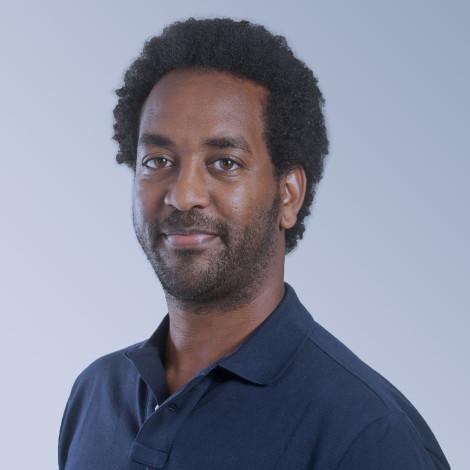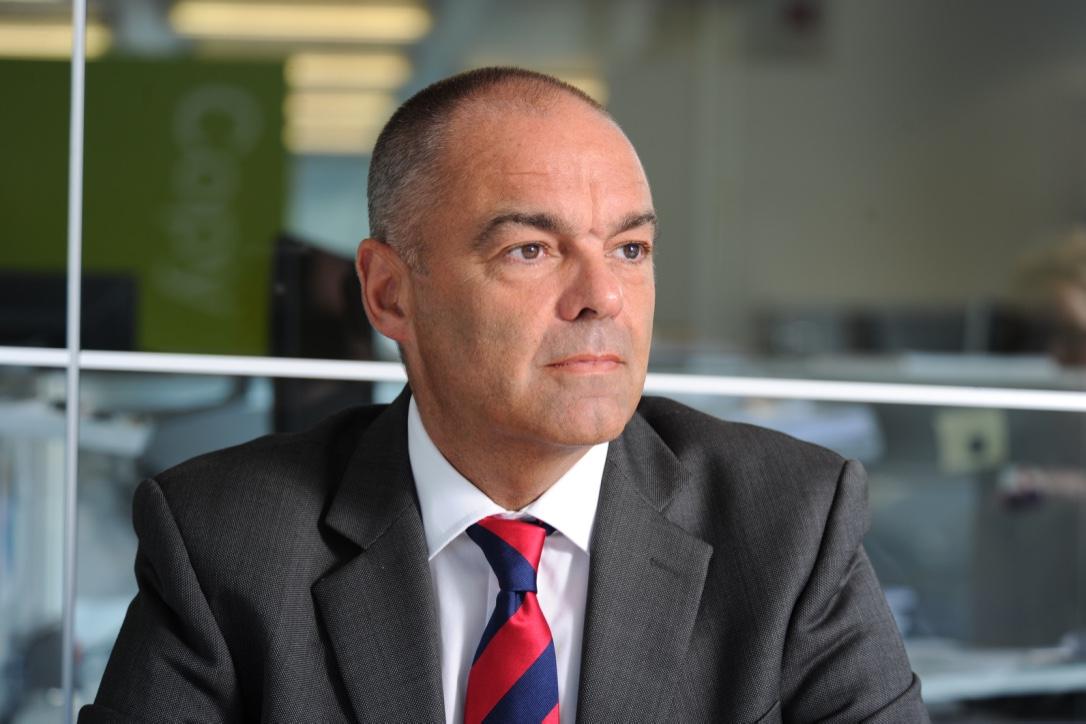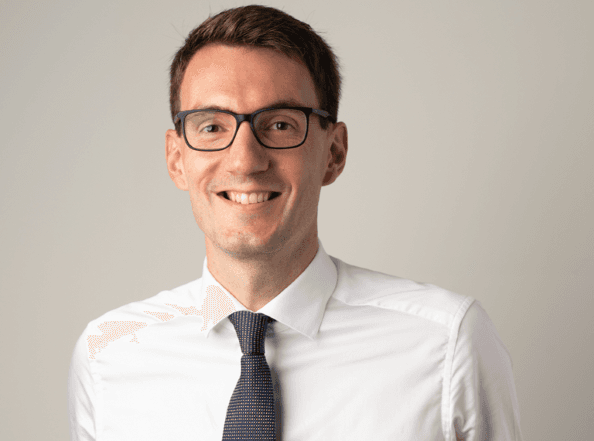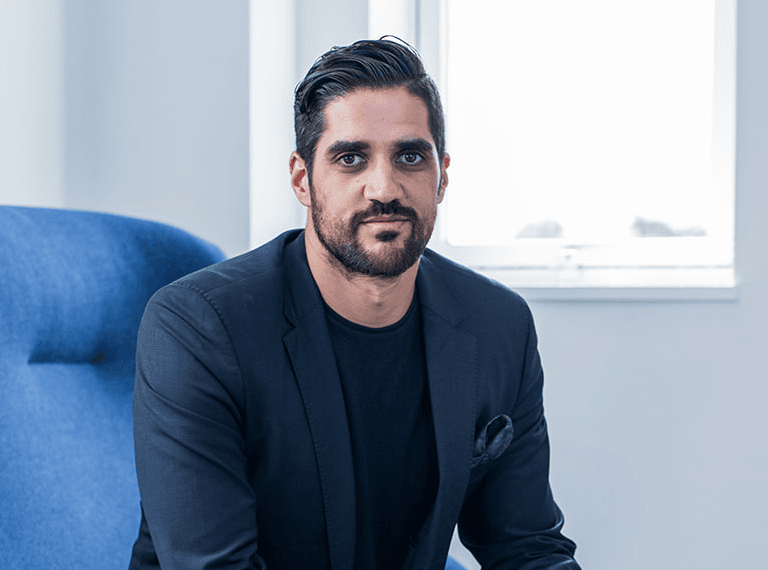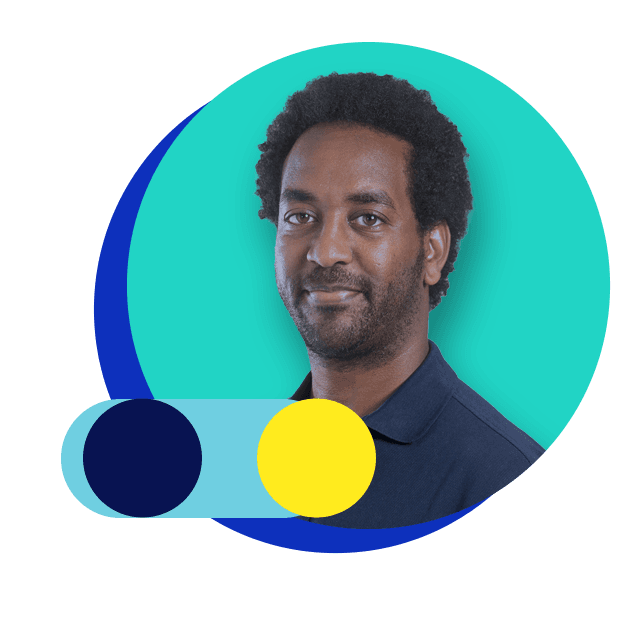
Benyam Hagos, Chief Operating Officer of Europe and Middle East at Nium
About Nium
Nium is the global platform for modern money movement, providing banks, payment providers, and businesses of any size with access to global payment and card issuance solutions. The modular platform powers frictionless commerce, helping businesses pay and get paid across the globe.
Once connected to the Nium platform, businesses can make payments in more than 100 currencies to over 190 countries – 100 in real time. Funds can be received in 35 markets, including Southeast Asia, the UK, Hong Kong, Singapore, Australia, India, and the US.
Nium’s growing card issuance business is already available in 34 countries, including Europe (SEPA), the UK, Australia, and Singapore, and holds regulatory licenses and authorisations in over 40 countries – enabling seamless global payments and rapid integration, regardless of geography.
The big questions
Q: Can you give us a brief overview of your role and career journey?
A: I am Nium’s Chief Operating Officer for Europe and the Middle East. Nium signed an agreement to acquire Ixaris, a B2B fintech innovator shaking up payments for the travel industry, in 2021. I joined Nium as its finance director for Europe and Ixaris’ CFO, responsible for developing and operationalising the finance strategy for Europe.
In January 2022, I was promoted to the joint role of COO for Europe and Middle East at Nium. Today, I have full ownership of the European profit and loss statements and focus on Europe’s profitability, corporate structure, building controls, and redesigning the financial reporting process.
Q: You spent 11 years at PwC and several years at Mastercard. What attracted you to join the team at Nium?
A: I chose to join Nium for two reasons: scalability and bravery in the market. Nium is unafraid to take calculated risks, and that really excited me.
A great example is that, during the pandemic, Nium acquired Ixaris – a travel company – when most businesses would have done the opposite. When global travel restrictions lifted, we experienced exponential yet maintainable growth, at a rapid rate, internationally.
Q: What would you say is Nium’s current biggest challenge, and how is the organisation working to overcome it?
A: Regulation, undoubtedly. To those outside of the payments industry, making and receiving payments seems uncomplicated. However, let me assure you, it’s incredibly complex.
The payment industry is heavily regulated and governed – and rightly so – but this means that, as we look to operate in new markets, we must hire talented teams who have in-depth understanding of local regulations. No country or region is the same and having Nium teams operating across the globe is core to how we solve for a wider infrastructure.
Q: What has been the biggest success in your career to date?
A: I worked in New York with PwC for just over two years and during that time I led a project to carve out and sell a line of business with approximately 70 team members operating across the US. The end goal was to sell the business.
One day, we were working in the boardroom, and Jim Cramer, now the host of Mad Money on CNBC, appeared on the TV screen and said that our deal had been announced – sold! I’ll never forget that day. We had worked tirelessly to deliver our best work, and I was proud to see it come to fruition.
Q: What has been the biggest challenge in your career to date?
A: On a personal note, leaving PwC. I began my career with PwC when I was 22. I was a graduate with them and had worked in London and New York with the organisation.
It’s unnerving to commit 11 years to a company and then take a risk in finding something new – but the risk paid off. I have now worked with two internationally renowned companies, incredibly talented teams and effected some poignant change across various industries.
Tips from the top
Q: If you could turn back the clock, what advice would you give to your younger self?
A: I’ve seen various articles recently on imposter syndrome, and my younger self definitely caught that bug – although, I didn’t recognise it at the time. If I could turn back time, I would sit myself down and say: “Your opinions are valid too, you are equal in this room, share what you’ve got to say.”
Q: What advice would you give to an aspiring COO?
A: It takes time to grow into a role and nobody gets there overnight. It’s important to make mistakes, fail fast, do your research, and leave your ego at the door. I’ve always believed that, especially when you work with a team, you can never be that far from reaching the “right” answer. And, of course, surround yourself with people you can learn from, who can challenge you, and who welcome the same feedback in return.
Q: How do you support your team when it comes to delivering their best work?
A: I try to be timely and concise. I believe in giving feedback that is direct and free from waffle. That’s how we learn, and that’s what I offer my team. I also try very hard to give my team the best version of myself I possibly can in meetings. If they have ten minutes with me, they’ll get the best version of me for those ten minutes. I commit to giving them my full attention and quality focus time – no emails or phone calls – just open discussion.
Future gazing
Q: How do you see the role changing in the next five years in line with how you think the future of work will change the current landscape?
A: More than ever, I think those in leadership roles will need to welcome tech collaboration with open arms. Everyone’s lives have become so blurred between work and play, and I think the tech environment is going to change that. I think we’re going to start being more diligent and deliberate about preventing cross-over time between work and home life. I firmly believe the business tools we use will support this shift by enabling teams to do their best work when and where suits them.
Having said that, I believe hybrid work will play a key role (and more in favour of time in the office versus time at home). We’ve had our time at home through the pandemic, and people are eager to get back into the office, to have face-to-face time with their colleagues and be part of something bigger than what’s happening in their kitchens.
I enjoy my two days at home per week, but I equally enjoy my three days in the office per week. I also think the rising cost of living will encourage people to go into the office more frequently, because it’ll be a friendly alternative to switching heating and electricity on at home.
Q: What are the top three technological advances you predict for the fintech world within the next five years?
A: Firstly, I believe that “global” is going to become the new “local” in our highly connected world, especially in terms of payments.
With inflation climbing and the financial climate so uncertain, I predict businesses will be forced to take a step back and consider how they combat fluctuating costs – while streamlining operations and responding to customer demand for reliability and speedy delivery.
Fundamentally, those successful in modernising their processes will be better equipped to survive this uncertain time. Now more than ever, I think businesses will lean on flexible and reliable payment providers able to leverage sending money in local currencies, in real time and at low exchange rates. They will likely also look for payment speed and efficiency to combat rising costs.
Finally, as I mentioned earlier, regulation in the fintech landscape is incredibly complex. I think businesses of the future will look to work with payment providers who can understand and simplify those barriers. Primarily, no matter the industry, leaders want to spend their time focused on business growth, product development and customer experience. Many do not factor into their roadmap that each market may require a new license to move money or adopt a different compliance standard for onboarding customers. That’s where trusted and global payment providers like Nium come into the spotlight.
Love Mondays
Q: What does your average Monday look like?
A: Unlike Garfield, whose least favourite day of the week is Monday, my favourite day genuinely is Monday. I like to be in the office early, usually arriving at about 6.30am. My wife and I have a bustling home life, with three delightful children, so I set aside work on evenings and weekends to prioritise my family – always wrapping up my working days in time to get home for the kids’ bedtime.
Unless something is a matter of real urgency, I pick up my emails from Friday afternoon on Monday morning and find myself able to give my team the energy they deserve by running my life this way. My focus is split across various teams, so Monday is my touch time for mapping out a productive week with finance, talent acquisition, operations, compliance – you name it.
Q: When you kick back on Friday evening, what makes you feel like you’ve accomplished a truly productive week?
A: If my team is happy, I am happy. As I said earlier, I push myself to ensure I give my team the best version of myself when I meet with them, so it’s my hope that this time will enable them to feel as though they’re not only in control of what’s on their desk, but also smashing their individual goals. If we finish a week feeling ready to tackle whatever the following week is going to throw our way, then we’re in a great place.
To find a talented c-suite professional to join your business, or to start the next step in your accountancy career, contact your nearest Reed office.
